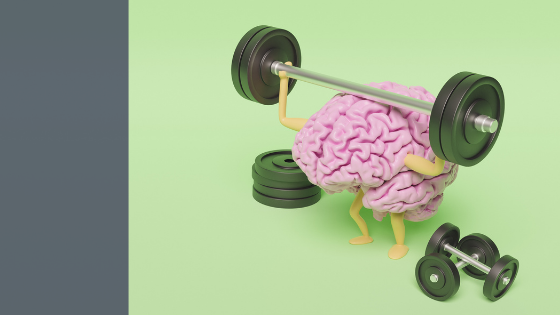Vocab Hack #2: Scout Out Smarter Reads
The best best BEST way to increase your vocabulary is to consume a lot of high quality reads. By “high quality”, you’re probably thinking about enduring the classics that you’re forced to read anyway for school, and you’re probably wondering if you should leave your screen right now to bang your head against a wall!
Please calm yourself ;) I’ll admit, I never got past page 41 of Henry David Thoreau’s Walden, try as I did. (Let’s not even talk about Anna Karenina or Crime and Punishment … thank GOD for Cliffnotes and Sparknotes!)
However, not all reading material is excruciating. The trick is to find things that ACTUALLY interest you. And the best way to do this is by reading NON-FICTION. The next major advantage of consuming non-fiction is that you’re priming yourself for the SAT and ACT, both of which are composed of approximately 75% non-fiction passages. Get used to them now, and you’ll be totally fine on D-Day. Whoops. I meant Test Day.
So what types of things can you read, especially if you don’t like to read?
Start small. Try newspaper and magazine articles geared for people a few years older than you are.
- Like fashion? Read Elle Magazine cover to cover. Especially the Ask E. Jean column, which tends to use colorful language like “driven witless” and “whipsawed by confusion.”
- Like music? Read your favorite artist’s exposé in Rolling Stone or Spin.
- If you like a variety of things, like theatre, sports, local news, travel and food, try the New Yorker, and read whatever you’d like! Or the New York Times, where several staff writers there are the Real Deal and have highly regarded books of their own.
- Into politics? Make it a point to read high quality articles like those online in the Huffington Post or the Guardian, a well-written British newspaper. Try perusing headlines and settling down on two inviting articles to read start to finish every week.
If you want to delve deeper into reading, graduate from non-fiction articles to non-fiction or memoire books about a topic with which you are fascinated.
- Perhaps something funny? Try comedic authors David Sedaris or Tina Fey.
- Want something insightful? Try anything by Malcolm Gladwell. I especially loved Blink and Outliers. Not only will the vocab soon become ingrained and more familiar, but there are two added benefits to these books: 1) You can read these books one chapter at a time without forgetting the point, as each segment tends to bring up an entirely new example, and 2) the statistics and scientific studies Gladwell brings up are AMAZING for essay examples!!!
- Are you into art/music/theatre/sports? Try a biography of your favorite actress, musician, director, basketball player, etc. Again, public figures make for killer essay examples.
- By any chance are you obsessed with psychology/personality/astrology like I was (and still am)? Go to your favorite Barnes & Noble and look up Linda Goodman’s Sun Signs or Please Understand Me II by David Keirsey. Basically, anything that categorizes people into “types” or signs or whatever is a GOLDMINE for personality-describing adjectives. Being able to psychoanalyze anyone and anything is super handy for dissecting the tone and attitudes of otherwise VANILLA reading passages. And this will also come in handy when it’s Personal Statement time ;)



